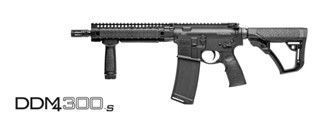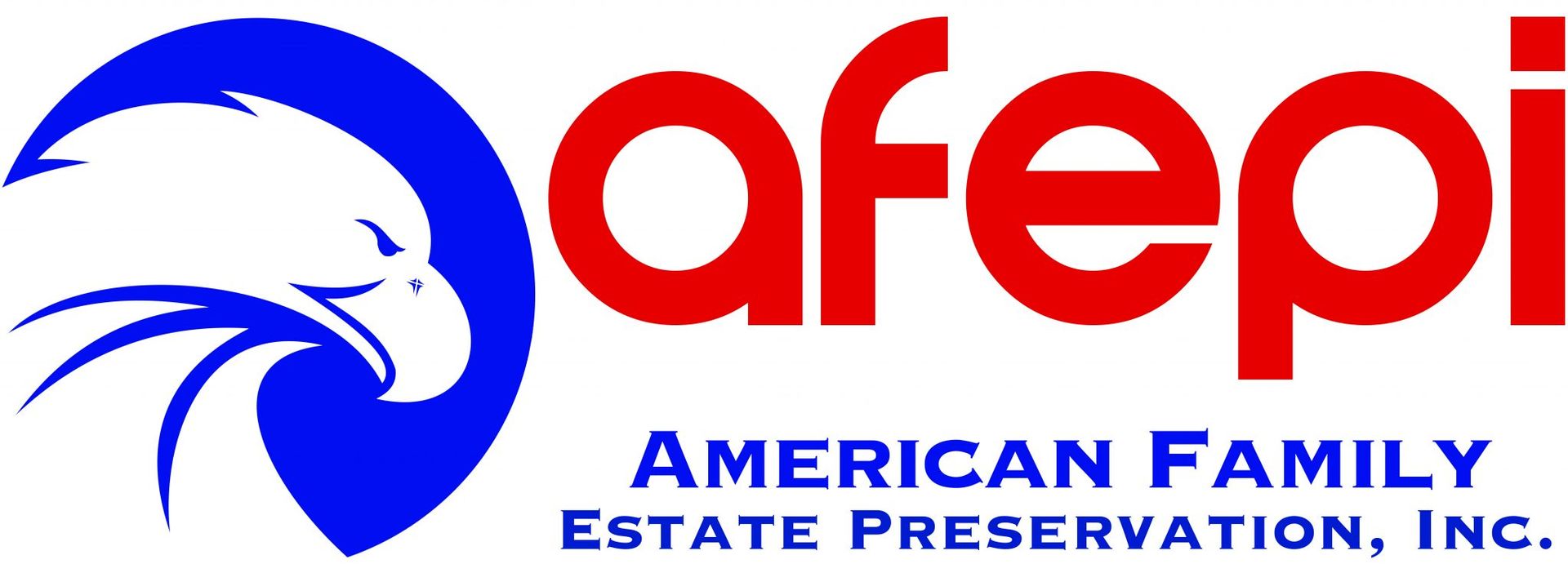Trusts We Offer in Oklahoma and Beyond
Medicaid Asset Protection Trust
Nursing Home Monster will eat your “Assets”!
MEDICAID “LOOK BACK” RULEMEDICAID “LOOK BACK” RULE
Medicaid reviews the preceding 5 years from the date of your Medicaid application to see what you may have given away or sold. This will very likely result in Medicaid ineligibility.
SPEND DOWN REQUIREMENT
You will be required to “Spend Down” your assets to $2,000, Including your life insurance. IRA’s, 401-K’s, TSP’s, Bonds, sell additional land,
and other assets.
MEDICAID ESTATE RECOVERY PROGRAM
At your death, or the death of the surviving spouse, Medicaid is ‘required’ to recover funds they paid for long-term care for you, and your spouse.
As you can see, you and your spouse will retain a home, a car, and $2,000.
PREPARATION
It may be too late to shelter assets if the applicant is within 5 years of applying for Medicaid.
The time to prepare and to plan is. . . today . . . before you need the support.
SOLUTION
A Medicaid trust, created by AFEPI, is a legal and financial option created to help an individual qualify for Medicaid and preserve assets.
When planned and prepared carefully, it can help exempt a person’s assets from loss when he/she seeks Medicaid.
Veterans Qualifying Trust
Thank You for Your Service!!!
There is a little-known Veteran’s Benefit that could put thousands in your pocket.
The Department of Veteran Affairs offers a special benefit to war-era Veterans and their surviving spouses. It is a pension benefit well hidden from common knowledge and thousands of Veterans are missing out on benefits they could be receiving right now
As an active-duty Veteran, you, at one time, wrote a blank check payable to the United States of America for an amount of “up to and including your life.” That’s why we love telling all our Veterans about this almost-secret program.
Your service to our country is appreciated and we will do all we can to help you enjoy the benefits you (and your family) deserve for such a commitment.
This little-known program is a tax-free benefit designed to provide financial assistance to help cover the cost of long-term care:
• in your home • in an assisted living facility or • in a nursing home
This benefit is for those Veterans and surviving spouses who require the regular attendance of another person or caregiver in at least two Activities of Daily Living (ADLs) such as:
• bathing • dressing • eating
• toileting • transferring • Incontinence
The term “Special Needs” describes a person with a physical or emotional difficulty or a difference that requires more assistance or specialized services.
“Special Needs Person”
currently receives medical and income benefits.
OR
may receive medical and income benefits in the future.
Do you want to preserve those current and/or future benefits? If so, we should talk.
How do you preserve these benefits?
A Special Needs Trust, created by American Family Estate Preservation, Inc., is the legal solution for these issues.
We can help you protect any inherited assets your Special Needs Person is to receive, from the scrutiny of Medicaid and/or other government entities. Meaning they CANNOT come after those assets OR stop their benefits.
Timing is important when making this decision.
This decision should be made prior to the onset of the disability OR as soon as you have the ability to do so. Don’t wait until the benefits are denied or retracted.
Once a Special Needs Person becomes the owner of an asset, it may be too late to change. A will creates ownership upon the death of the will maker, and creates an incidence of ownership,
to the Special Needs Person immediately.
It will likely be too late to make a change.
Preparation will serve to reduce stress on your family.
Children’s Trust
Minor children are a major concern for all parents and many grandparents.
When minor children are left behind, the most important thought is generally, who will raise these children. Appointing the Guardians must be done correctly and securely.
When the Guardian is appointed, generally the assets of the children’s parents/grandparents will follow the children to be used for their benefit.
AFEPI’s recommendation is that the Guardian be properly appointed for the children and the assets that follow the children will be managed by a Trustee. This creates a higher level of accountability, ensuring that assets will be properly managed and provided for the benefit of the children.
We also like to plan for the future distributions of assets when the children reach the age of maturity.
AFEPI can offer many suggestions that will enable you to make decisions that will affect your children throughout their lives.
These life events and issues require a deeper understanding and discussion if they are to serve your children as you require.
AFEPI will provide free consultation to each of the parties involved throughout this process.
Deferred Sales Trust - What's All the Hype?
An alternative to the §1031 exchange
The taxpayer has the opportunity to defer the gain on a sale, by using a deferred sales trust (DST).
Unlike a §1031 exchange, a DST does not require the taxpayer to reinvest in like-kind replacement property and is not subject to the timeline restrictions of a §1031 exchange.
In short, a DST is an irrevocable trust that utilizes the installment sale treatment under the Internal Revenue Code (IRC) §453 in order to defer the taxes due on the sale of a business, real estate or other taxable assets. The grantor sells the asset to the DST in exchange for a promissory note or deferred installment contract.
The DST then owns and controls the asset(s) until it is sold to another third-party for the full sales price. Then, the proceeds of the sale are used to pay the grantor under the promissory note or deferred installment contract.
The DST can, but is not required to, reinvest the sale proceeds into other investments; there is no timeline or like-kind reinvestment requirement. The grantor only pays capital gains tax on the principal payments received from the DST, thus deferring the taxes due by virtue of the installment sale.
Some of the main issues to be addressed in a DST are:
the use of an independent trustee,
transfer of the asset ownership without retained interest,
constructive receipt of the sale proceeds,
trust distributions,
trust restrictions and
trust legitimacy.
Before exploring the mechanics of how the DST works, it is important to understand why it works.
AFEPI’s home office can help you to navigate through this most complex course of action to ensure you not only understand the procedures, the potential negative aspects and as well as the advantages it might provide to you and your beneficiaries.
Gun Trusts
A gun trust is a legal entity that owns firearms and other related items.
It is a useful tool for those who own firearms regulated by the National Firearms Act (NFA).
CLASSES OF NFA WEAPONS
Machine Guns
Machine guns, as defined by the ATF are weapons that fire more than one round per pull of the trigger. This includes burst fire weapons as well. This also includes devices that can be used to convert a gun to fully automatic. These devices are regulated and treated like just like a standard machine gun.

Short Barreled Rifles
So the law states a rifle is a weapon designed to fire a projectile through a rifled barrel with the use of a stock. The NFA regulated rifles with barrels shorter than 16 inches. Any rifle sporting a barrel shorter than 16 inches is a short barreled rifle.

Short Barreled Shotguns
A shotgun is defined as a smooth bore weapon with stock designed to fire shot. Shotguns in the United States have to have barrels at least 18 inches in length. Any shotgun with a barrel less than 18 inches is a short barreled shotgun.
Some shotguns are also destructive devices, which we’ll cover later. Because a shotgun is defined as having a stock, or being redesigned to have a stock, certain weapons are not considered shotguns and not bound to barrel length.
Silencers
Silencers, suppressors, can, mufflers, or whatever else you want to call them are also treated as NFA firearms. Are they firearms? No, but they’re included under the act because of reasons. Good reasons. The very best reasons.
A silencer is any devices that reduces the report of a firearms and can be readily attached to a firearm. Some folks in the gun community like getting all particular about silencer vs suppressor, but the NFA and the ATF call them silencers, so we call them silencers.
Destructive Devices
This is the funniest category in my opinion. Destructive Devices, or DDs, are weapons with a bore over .50, except for most shotguns. This also covers explosives, mortars, missiles, poison gases, grenade launches and other destructive elements.
Some shotguns lose their exemption as shotguns and become destructive devices. This is usually based around the idea they have no sporting purpose. The only two shotguns that have made this category I know of are the Street Sweeper and the AA-12.
Any Other Weapon
Any other Weapons, or AOWs, is a crapshoot category of weird, odd, and cool weapons. This includes 12 gauge firearms with an overall length less than 26 inches.
There are also guns that don’t look like guns like cane guns, some pen guns, and other disguised firearms.
Shotgun cane
Oddly enough handguns with forward grips are considered AOWs. So if you attach a vertical foregrip to a Glock’s rail that is an NFA weapon. This is due to the crazy definition of pistols that states they are supposed to be used with one hand. Fortunately, AOW’s have only a five dollar tax stamp when transferring.
NFA Imports
For some time the foreign market was as a small contributor to the NFA. There were lots of foreign made machine guns, especially WW2 sub guns coming in pretty cheap. Often the 200 dollar tax stamp cost more than the guns.
Then along comes the Gun Control Act of 1968. The GSA as it’s commonly called was some very sweeping legislation that affected the NFA substantially. The biggest change was prohibiting the import of NFA firearms.
The cost and effort to complete a Gun Trust with AFEPI is worth the time and energy for the ultimate protection of you and your family.
